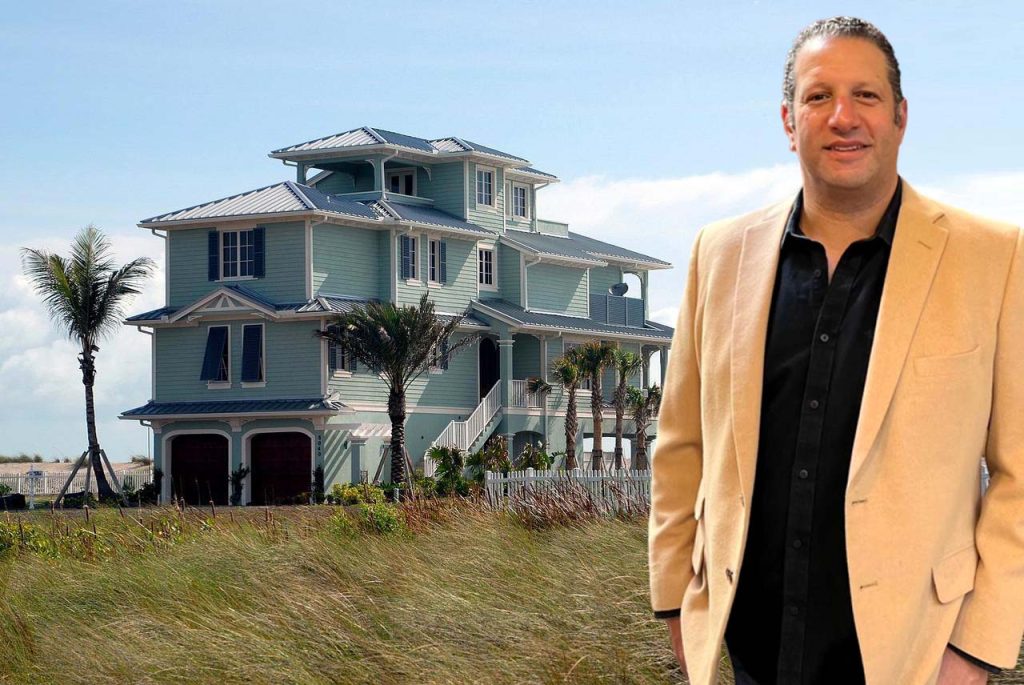New York City’s real estate market is unique. Few markets are more expensive, competitive, or complex than New York City. COVID-19 makes it even more difficult to buy an NYC home. Many residents have moved out of the city, which has created more inventory and caused prices to drop. With record-low mortgage rates, potential buyers are in a prime position to purchase a new home. The process can seem daunting for first-time home buyers. Albert Dweck outlines the steps for NYC homeownership in this guide.
Should you Rent or Buy?
It is no surprise that buying an NYC home can be a daunting task. The sale prices in NYC are well-known for being high. They are higher than elsewhere in the country and even more expensive than the current market. This is in addition to standard charges, maintenance fees, property taxes, and utilities. It’s no surprise that many renters prefer renting.
Are You Considering Moving Soon? Renting is better if you don’t intend to move for long. Albert Dweck says that renting offers flexibility. It’s easier to move if you have a life-changing event, such as a job relocation or family change. There is no need to sell large amounts of real estate.
Are You a Fan of a Neighborhood? Before you commit to homeownership, “test drive” the neighborhood or building. This is a great way to learn about your area and to plan your commute. If you love a place, you should buy it to build a home.
Are You Looking to Build Wealth? Albert Dweck says that buying an NYC home is an investment in building equity and tax and mortgage deductions.
Are You Looking for Financial Flexibility? Renting can help you remain financially flexible. For one, there is no large down payment or closing costs. From a maintenance standpoint, most repairs are simple to make — plumbing, electricity, etc.
What is the Real Cost of an Apartment in NYC?
Many prices in NYC have dropped significantly in the past year, which opens up opportunities for first-time buyers. Since the pandemic began, Manhattan’s median listing price has fallen 4%. This makes it possible to find units at a wide range of prices. Agents can enjoy huge discounts in prime areas because interest rates are so low. How can you find the right listing for your needs?
Keep in mind, for, starters that prices can often be negotiated. CEO of Duke Properties, says that there is no way to decide unless you have negotiated a lower price. He encourage buyers to consider looking 10% to 15% over their budget with the expectation that we can negotiate it down. We theit n narrow down on two or three properties and make multiple offers. We move forward with the property we are most satisfied with.
Remember that condos are more expensive than co-ops. While co-ops may be more affordable, they are often subject to lengthy approval processes and high down payments. This makes them a difficult option for first-time homebuyers. Some condo owners believe it is worth the extra effort to avoid all the hassle.
Is there a best or cheapest time to buy a property?
The peak of real estate inventory in NYC is usually between April and June. It then bursts back up in October. Prices also drop in spring and autumn, particularly after Memorial Day weekend and Labor Day weekends. COVID has influenced shopping habits, so it’s not surprising. It’s a great time in NYC to buy a home.
Albert Dweck says that the best time to purchase in NYC is when there’s uncertainty on the market. “For example, during an election year or times like these, when there is a global pandemic. Sellers worried about the market’s state have less leverage for buyers.
What is the average down payment for an NYC home?
The standard down payment is 20%. This means that 80% of financing can be obtained. Some co-ops may only allow 75% financing, while others have more stringent requirements. Some condo developments offer up to 90% financing, making homeownership more attractive for first-time buyers. But, the economic uncertainty caused by the pandemic affected these things. Albert Dweck, CEO at Duke Properties, states that many co-ops have altered their financing policies over the past year. They are decreasing the maximum amount of financing available and requiring buyers with more equity. Some co-ops, which used to allow up to 80% financing, have reduced that limit to 70%.
No matter the requirements, the rule of thumb is to put as much money down as possible. Albert Dweck says that a person who pays all cash or only finances 50% of the purchase will have greater leverage when negotiating with a serious seller. “But rates are so low that most buyers will finance, even if they don’t have the cash upfront.
Making a winning offer on an NYC home
It’s more than the price of the product. It is the whole package. It’s the complete package. Create a buyer profile with financial and employment information and a bio. Take note of the people you’re using to buy, such as your lawyer and bank.
Albert Dweck advises that you have everything in order. Include a financial statement, a pre-approval letter, and an explanation about how you came to the price you paid. Dweck suggests you include a “love letter” along with your offer. Include some personal details about the neighborhood and home and explain why you chose it as your first choice.

